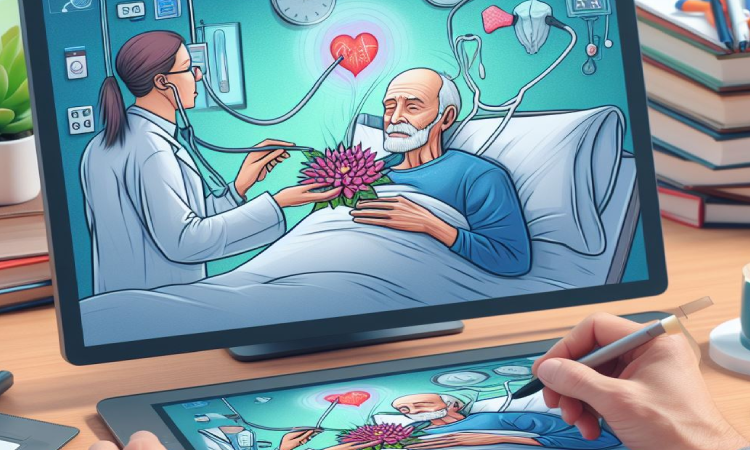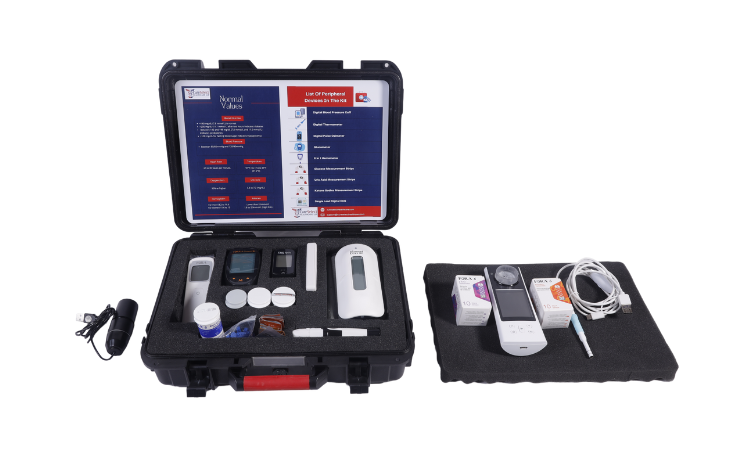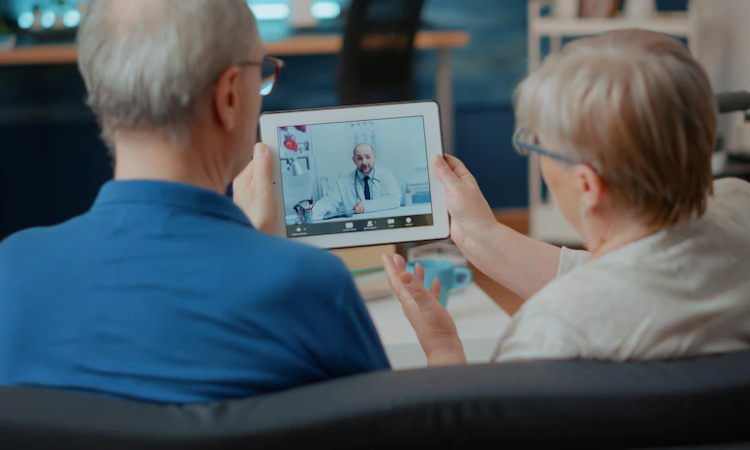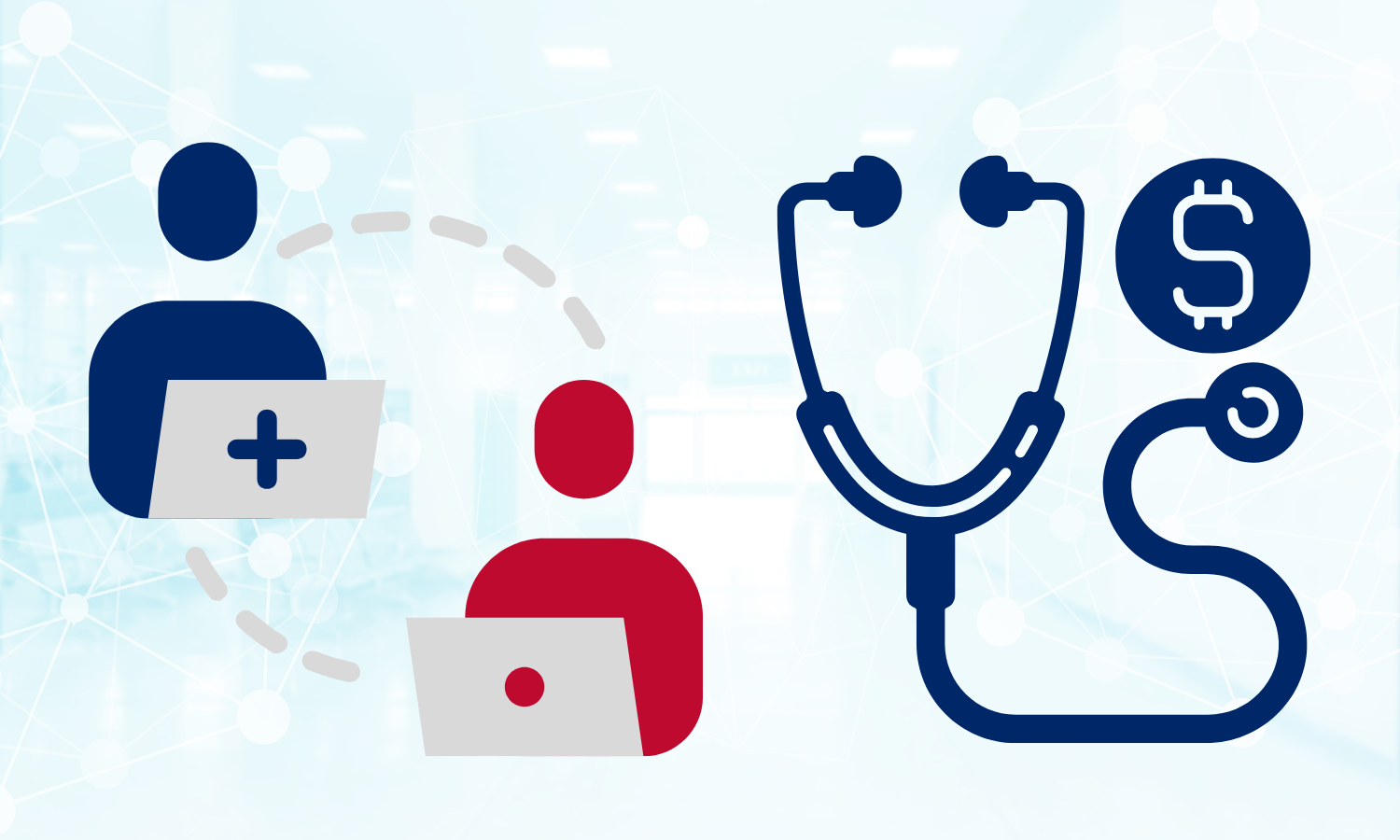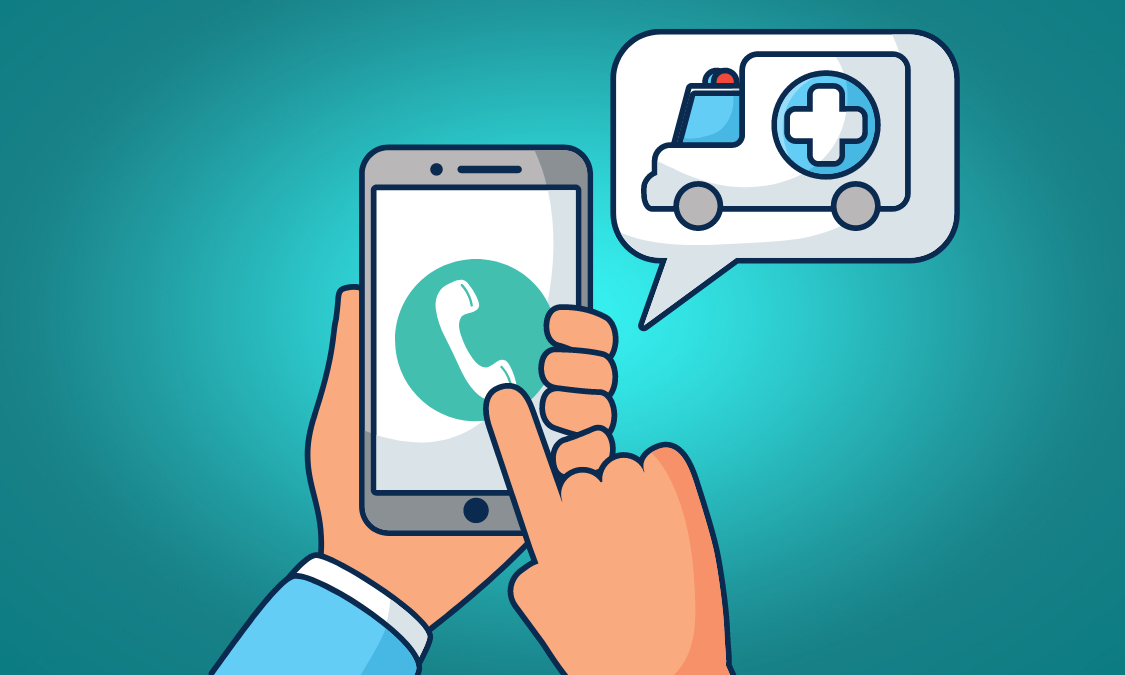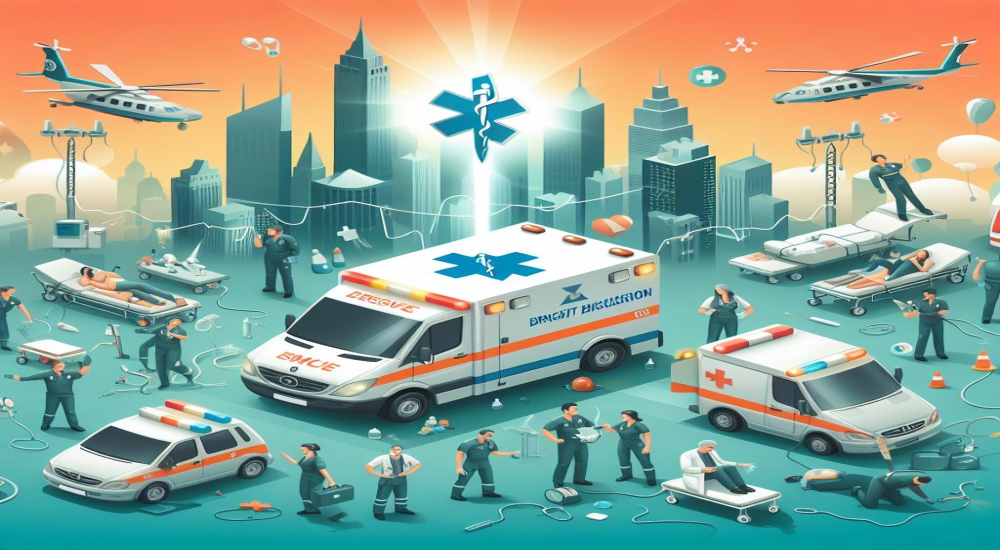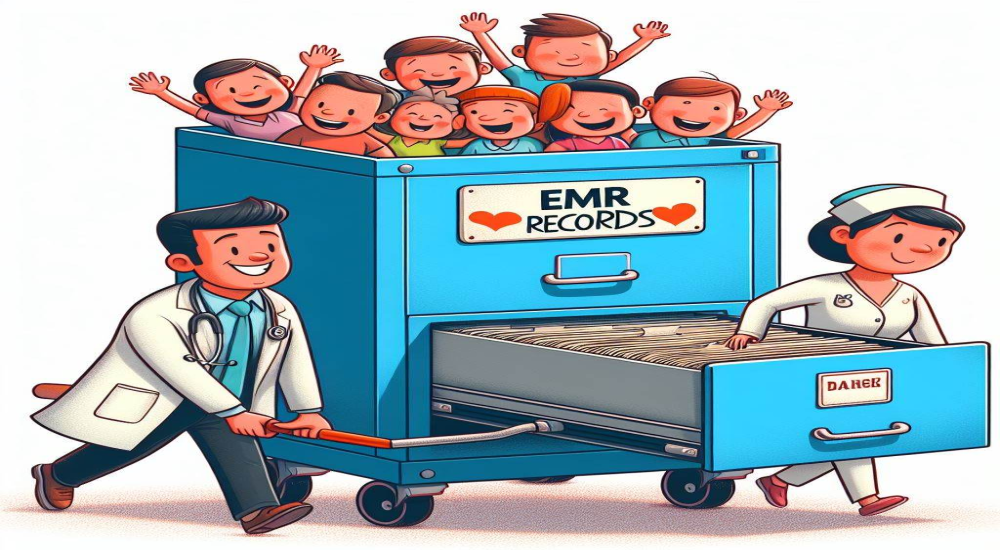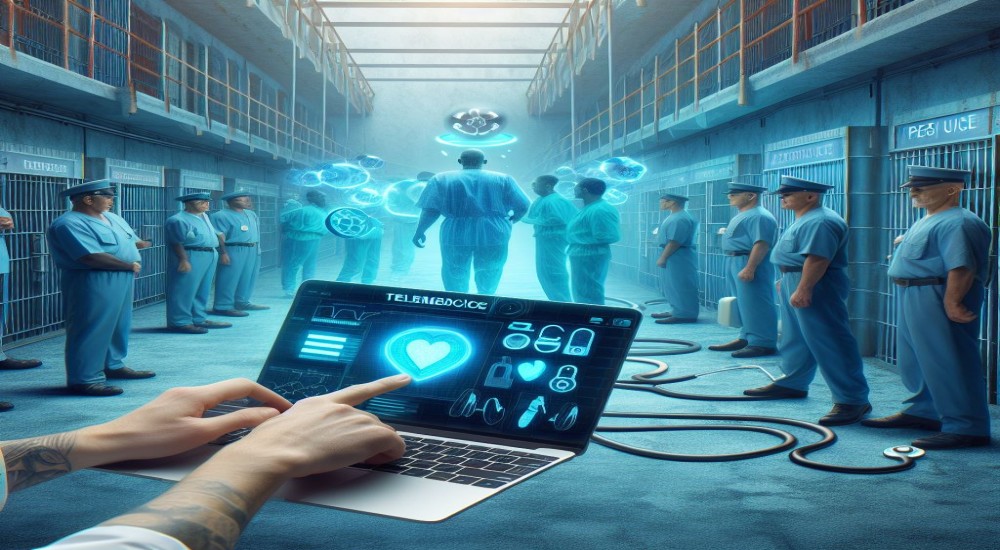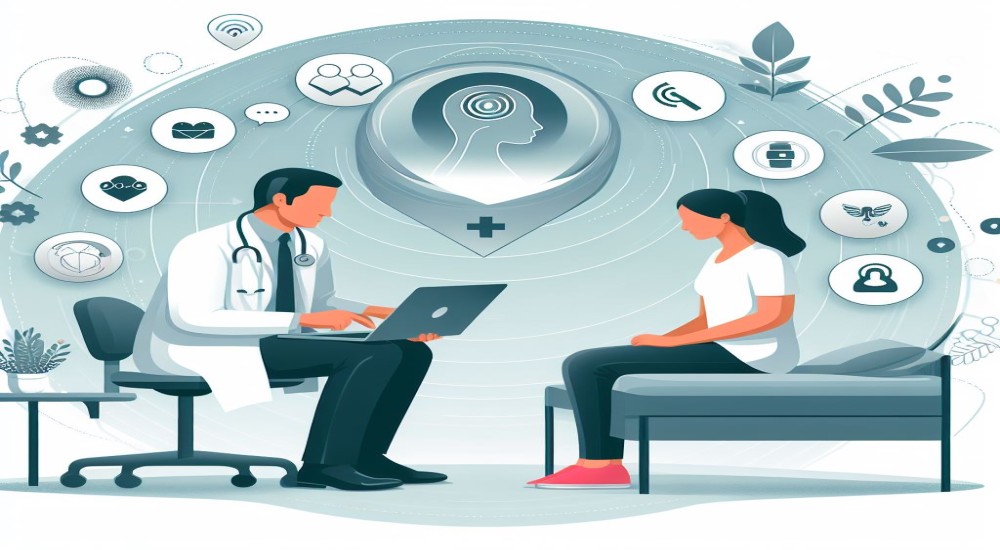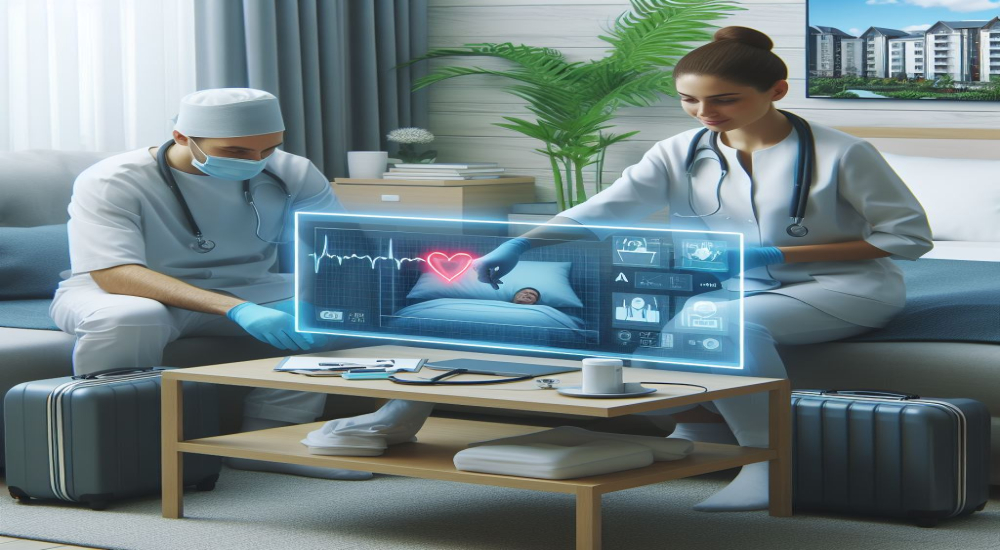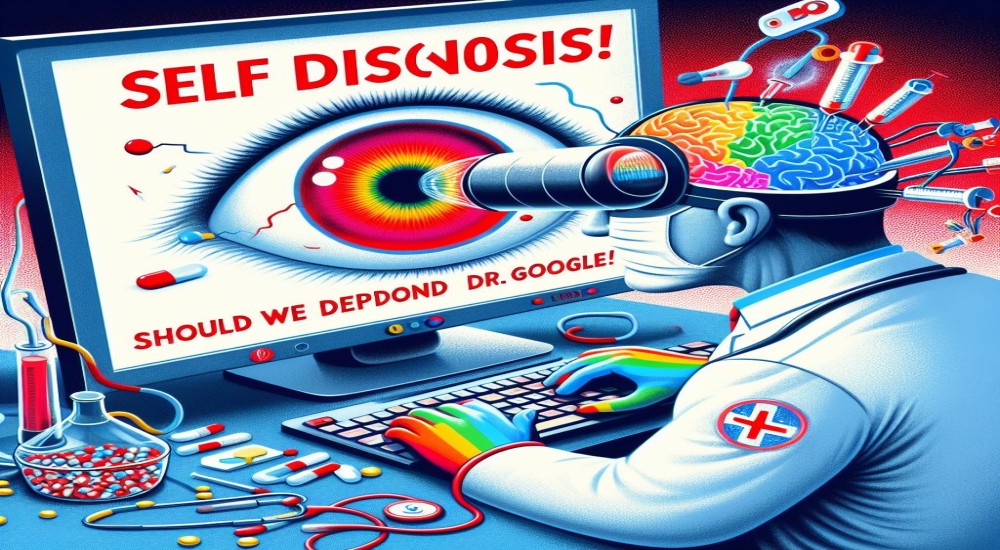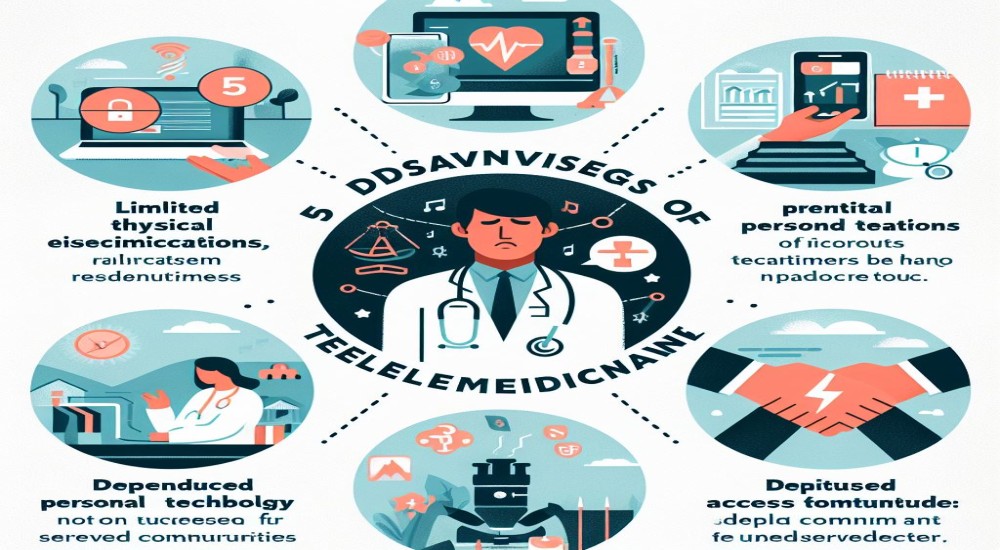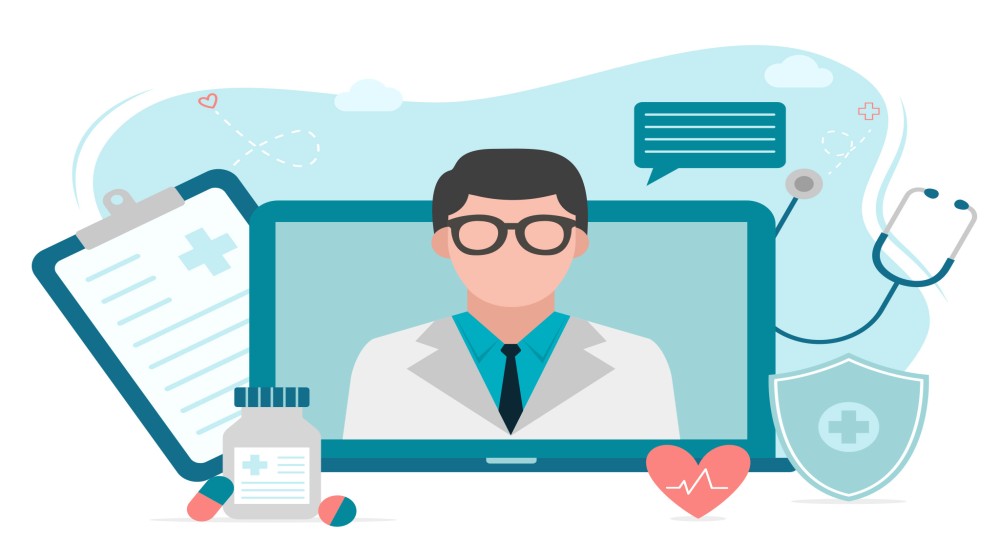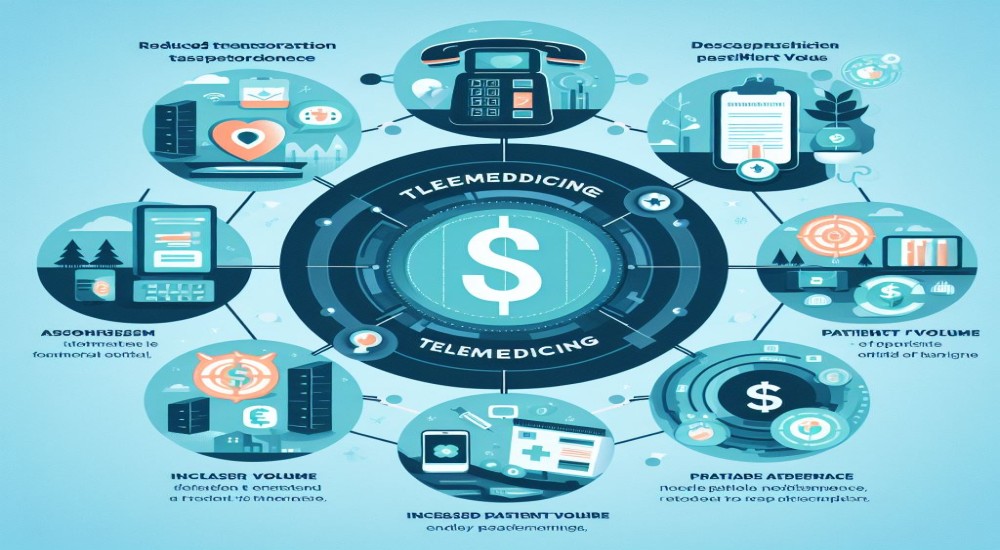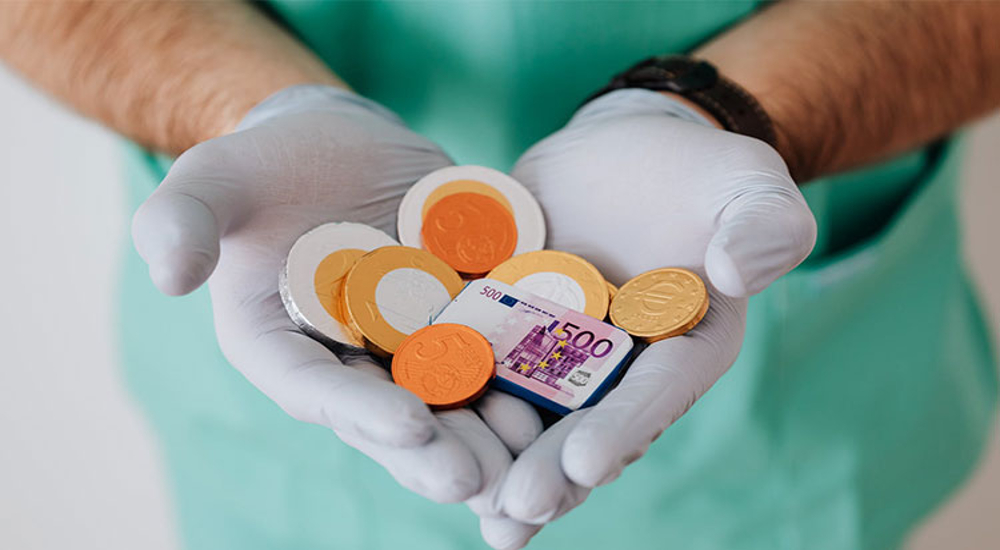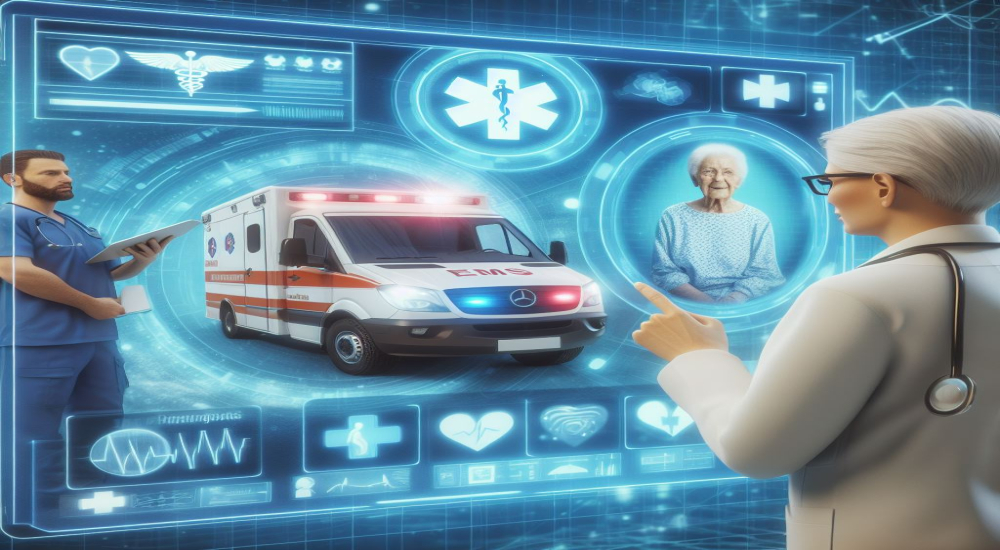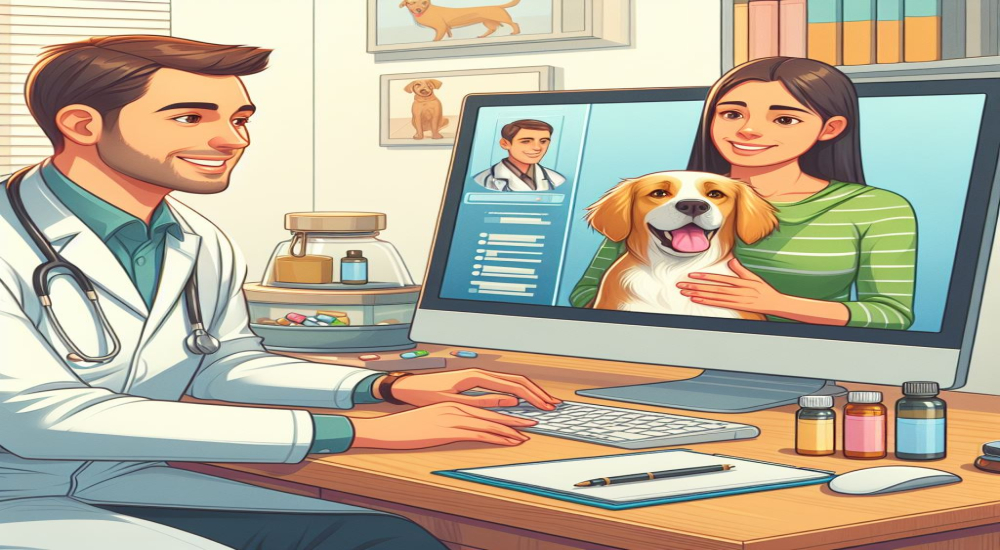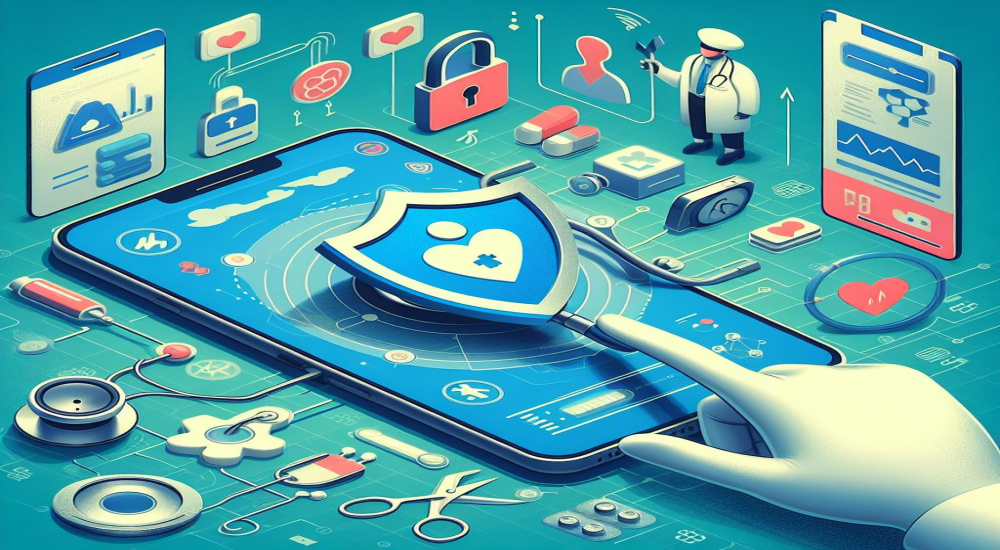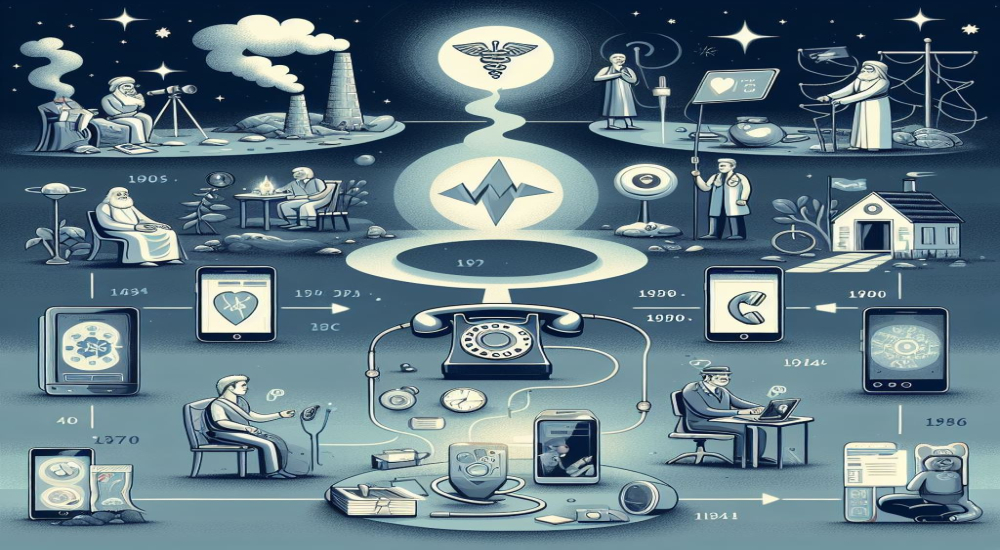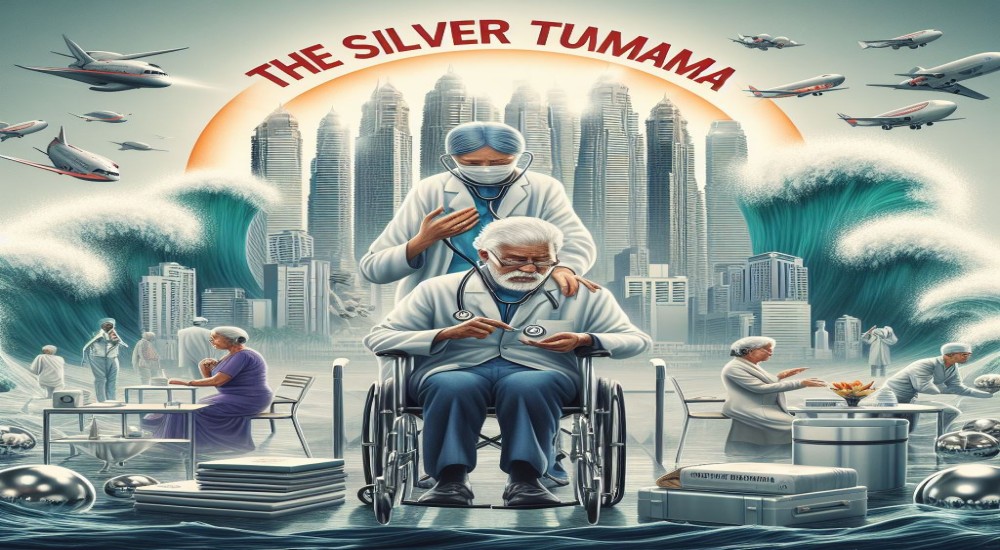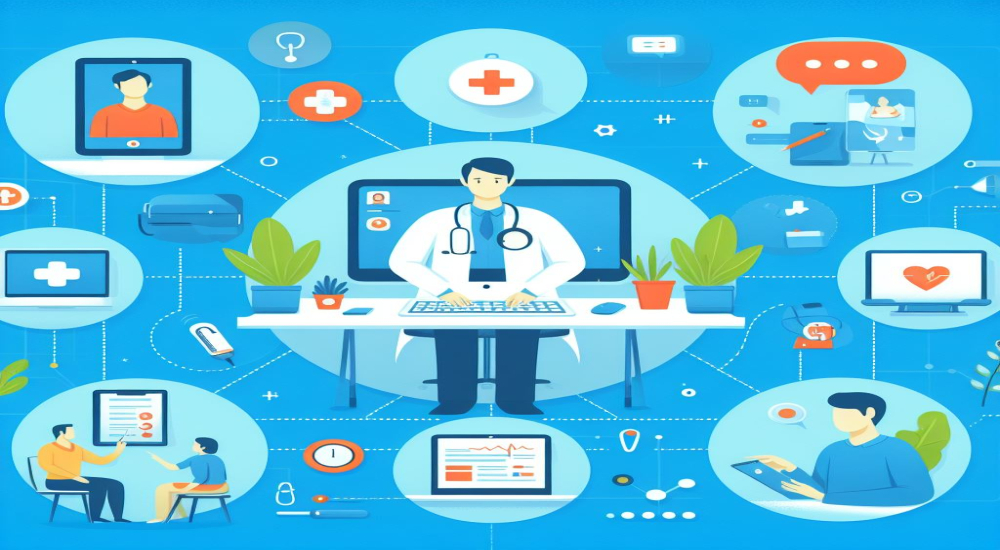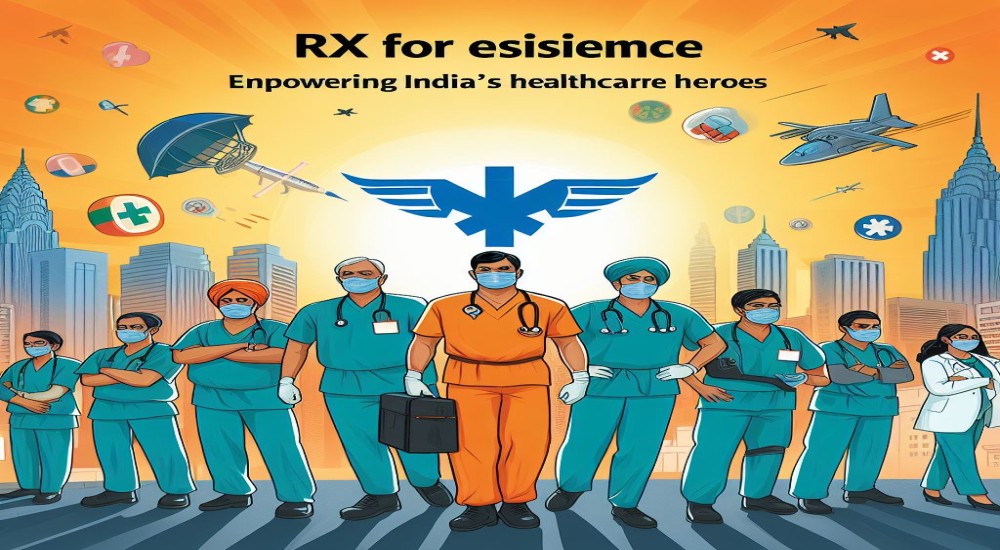What Are The Financial Benefits Of Telemedicine?
WHAT IS TELEMEDICINE?
Telemedicine is the process of delivering healthcare over a distance to patients, usually by a doctor via the phone or video. The pandemic saw a massive increase in the number of teleconsultations across the world, in a scenario where hospitals and doctors were overwhelmed by the sheer number of patients access to health care became increasingly difficult even for the wealthy and famous to access.
Telemedicine has proven how it can bridge the gap between the haves and have nots, help with bringing equal and equitable access to healthcare for women, disadvantaged communities, economically challenged groups etc.
However what we are going to dig into is the financial aspects of Tele-medicine. For most of us no matter how convenient or attractive a product/service is the deciding factor is our wallet. "So in a way money does make the world go around"
Financial considerations are the first thing that large businesses and organizations look at when they are considering incorporating new technology such as Telehealth and Telemedicine into their existing business structure. This is true for hospitals, group practices, State or central medical boards and even the end consumer that's the patient.
Before we get down to the nitty gritty and start counting our money we can broadly categorize the financial benefits of Tele-medicine to four key players, namely patients, doctors, hospitals and medical insurance companies. We'll take a look to see what each of them stand to gain by going in for telemedicine.
Patients are the end consumer of healthcare and make up the 'demand' part of demand and supply so their affordability and acceptance can make or break it when it comes to new treatment approaches. So when it comes to medical services there is a real need to see what will fly with patients with regards to use case scenario and monetary benefit.
Based on a study done in the USA a patient can spend up to 9 years of their lives in hospital waiting rooms, in transit to and from hospitals or in treatment rooms for their health, especially chronic conditions. Now over a 70 odd year life this is quite a lot of time to spend on just going to and fro to access healthcare.
For the average patient booking a visit with their doctor involves a plethora of expenses.
- Paying for transportation to the doctor located far away
- Having to take days off from work leading to loss of pay
- Having to arrange for childcare, babysitting for their children can be expensive
- Make full use of the golden hour.
- For the patients who are in rural areas traveling to a hospital can take days by bus or train and involve expenses including stay.
- Fuel costs for traveling by personal vehicles can be restrictive.
A teleconsultation can bypass all of these expenses and be a quick hassle free way for patients to connect with their doctors. This saves them time and money while also attending to their healthcare needs.
Most visits to the doctor end up with a prescription for painkillers or a prescription for antibiotics, rest and exercise or some other general prescription. This happens because patients tend to overemphasize or extrapolate their symptoms when it turns out to be just the common cold or a seasonal flu.
Let's say a patient John is going to the doctor for chronic headaches, loss of appetite and sensitivity to light. After a long commute, finding a service to take care of his kids, taking time off from work and spending time fighting to sit in a crowded waiting room. After all this struggle he finally meets with his GP who says it's just a lifestyle issue due to John recently moving to the night shift.
Even worse the GP refers him to a specialist for a CT, MRI and other tests before ultimately giving him the same news. Now John has just had a series of expensive tests done while losing money in both the commute, loss of pay, not to mention the emotional stress associated with the entire process.
If John could have availed a simple teleconsultation with his doctor then the entire process could have been simplified and a perception or lifestyle change can be recommended over a video consult after hearing the symptoms. A half hour consult would be saving John hundreds of dollars and would be a welcome change for him.
This scenario shows how via teleconsultations and remote health care monitoring a patient can safely get a physician opinion, a specialist opinion, multiple doctors in the same consult for less money, electronic prescriptions, refill of prescription for chronic conditions without visiting the doctor physically, mental health consults and counselling services.
DOCTORS
The recent pandemic has shown how doctors can be overwhelmed by the sheer volume of patients, medical emergencies. Most physicians and Healthcare professionals felt they were overworked with less time in between consults when polled. Both nurses and doctors have said that they spend less time per consult than is optimum, this affects the standard of patient care and leads to avoidable medical errors.
For group practices where co-pay, calling in an external consult can include managing the travel expenses, staying expenses etc of the consultant offering such services can be expensive. Patients tend to cancel appointments and this can cost a medical practice as well. Not every patient can be attended to in the standard time, some of them need a lot of time and multi specialty consults to arrive at a diagnosis. This can be done much faster over an online consult.
For doctors a typical day of consolidation can involve dozens of patients and when it comes to specialists though the number goes down it can be more taxing since each consult for a specialty has to be detailed, involves a greater number of tests etc, this can be taxing on doctors and patients as well. In countries like India where there is only one medical license for the whole country it can be very expedient to get a consult from an expert in a different state or city. But traveling, transportation and scheduling conflicts can be a hassle.
Telemedicine can basically ignore these barriers of time, distance, expenses involved etc and facilitate efficient and real-time patient consults with doctors from multiple locations.
We looked at the example of John previously so let's look at his physician Dr Roe and his struggles to get John to a neurological consult in an already bloated system, sharing his patient records etc to a neurologist.
Now with telemedicine Dr Roe can just schedule consults online with the neurologist, get opinions on imaging via DICOM viewers, SnoMed CT or other databases for quick, painless consults. This can save time, money and most importantly get a diagnosis for John much sooner. In neurology, cardiology, oncology early diagnosis and intervention can truly be the difference between life and death.
HOSPITALS/INSURANCE COMPANIES
Hospitals often boast that they are multispecialty but most often they don't have specialists who work around the clock. This means that for a large swathe of time, particularly the night shifts a wide range of specialists aren't available for consultation. The reason being having multiple shifts of specialists is extremely expensive, very few emergencies requiring those specialists occur at night. But on the off chance such an event occurs hospitals have no choice but to bounce the patient from their premises.
For small and large hospitals especially in rural locations using telemedicine booths or kiosks can help provide speciality care to remote populations whose socioeconomic factors don't allow for repeated or expensive consultations & treatments.
In countries like India where the reach of health care is very skewed by gender, caste, locality, race, socioeconomic factors etc. Telemedicine deployed at stationary locations in hospitals can help bring city level care to disadvantaged communities.
For women, transgender communities both medical care and counselling can be provided over teleconsultations. India and other developing countries are high on the suicide watch with one person killing themselves every 3 minutes by one estimate, counselling for suicidal patients, self harm, sexual abuse, physical abuse etc can be given by experts in the cities to the people who need it most in remote locations.
Hospitals with lesser physical resources can still provide expert level care in multiple specialities thanks to telemedicine.
INSURANCE companies can benefit greatly by introducing telemedicine as a billable service. This ensures that the doctors under their network get paid for even remote consultations and revenue streams are secured for the insurance companies themselves.
The main bones of contention are with the amount of money charged per consult but even if the charges are framed to be lesser than those levied for in person consults both doctors and insurance companies can still turn a profit without hurting the pockets of the patient, namely by making the number of teleconsultations work in their favour.
By recommending teleconsultation for recurring visits, prescription refills, counselling, routine check-ups, low priority visits, triage etc the numbers of Teleconsults can balance and justify their costs in terms of earnings.
THE TAKEAWAYS
Telemedicine is here to stay so we might as well look at all the ways that it can be a profitable and sustainable business model. More then just patients or doctors stand to benefit from widespread use of telemedicine. It's all about finding the sweet spot where it doesn't become another cog in the bloated system.
